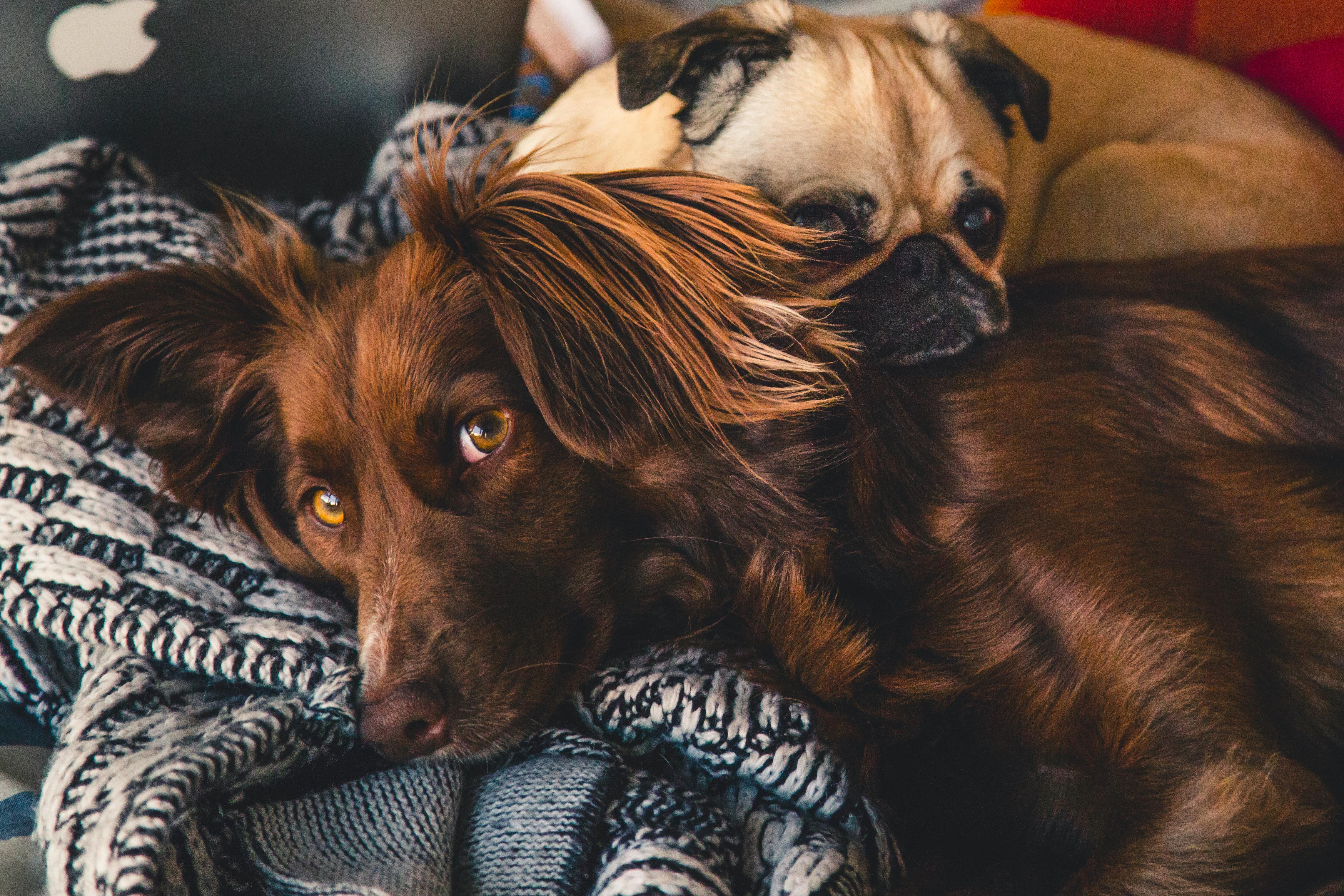Tired of feeling tired? You’re not alone. Australia has a massive sleep problem - Aussies nowadays have pretty dismal sleep patterns and we simply aren’t getting enough of it. This is leads to irritability and fatigue (sound familiar?). At Macoda, our missions is simple - we want you to sleep better. We’ve come up with a bunch of tips to get you snoozing.
1. SWITCH OFF THE SCREEN
Phones, tablets, computers, television. It seems like there’s almost always a screen in front of us before bed – and it’s killing our sleep. The light from these screens makes the brain think it’s still light outside, which in turn makes us less inclined to sleep. It can be a challenge at first, but if you find yourself hopping into bed, checking your phone and not falling asleep for what seems like an eternity, this will change your life.
2. GET HOME EARLY
People need time to wind down or enjoy themselves after a big day at work. The problem is, when we get home late we leave little time for doing those things and end up sacrificing our sleep. Make an effort to get home with enough time to properly settle yourself, so that getting into bed is a desired experience instead of a chore. If you're stuck at home, you should be trying to allocate time for work or other activities, and then making sure there's a clear point where you can remove yourself and unwind. For instance, work from your study then after a certain time, get out and close the door. Try and replicate what you'd normally do.
3. LIGHT’S OUT
Similar to the situation with screens, having all the lights on before trying to sleep is going to make your life a lot harder than it needs to be. When the sun sets and things get a little darker, our brains release chemicals that get the sleepy ball rolling. Unfortunately, when you get inside and sit around super bright lights, that doesn’t happen. While you can’t be expected to navigate your house in pitch black, dimming the lights or keeping them to a minimum in the hours before bed is definitely a must. When you do go to bed, make sure you’re sleeping space is as dark as possible!
4. KEEP THINGS COOL
Summers can produce some restless nights in Australia. The most important thing is cooling yourself down so you can fall asleep. Air conditioners are the obvious choice, however they can dry out the room and use lots of energy. If you can set a timer – fantastic. Otherwise, open windows and fans are great. In serious conditions, running cold water over your face and wrists can actually help to cool down your body temperature quite significantly. When it comes to pajamas and keeping cool, less is definitely more – sleeping naked (or close to) gives you a cheeky advantage in this area. Interestingly, some studies suggest warming your feet before bed as doing so causes blood to rush to the surface and away from your body, which in turn lowers your core body temperature. The more you know!
5. INVEST IN YOUR MATTRESS
The surface you sleep on is going to have a huge impact on your quality of sleep. Getting a good night’s sleep is one of the most important things a person can do for their health and well-being, and if you value your sleep than that start’s with a good bed. You use your bed every day, so it’s something you want to be sure of; it is an investment. Always go for quality over cheap bare-bones mattresses.
6. GET OUT OF BED
You read that right. If you’ve got the point where you’re staring at the wall thinking to yourself “I can’t sleep,” then it’s time to reset. Get up, treat yourself to a glass of water and do something relaxing. Avoid light and do not check your phone. Instead, opt for dimly lit rooms where you can just chill out. You want to tell your brain that your bed is for sleeping, not a place to anxiously stare at the wall. When you’re feeling a little more sleepy and relaxed, hop back into bed.
7. MORE IS MORE
We’ve all heard about getting 8 hours of sleep a night. You might ask yourself, “does this mean I can go to bed at 12 and set my alarm for 8?” Unfortunately not. You need to give sleep a bit more of a chance. It takes time to fall asleep, and people generally wake up for a bit during the night. So if you really want to clock in 8 hours, you’re better off planning for 9 hours of ‘bed time’ to give yourself a good buffer. The worst case scenario is you get more than 8 hours of actual sleep, so it’s a complete win-win.
8. ALCOHOL = BAD
Sorry. A lot of people think a little nightcap is the perfect way to induce sleep. Science tells us that this is more sedation than sleep. But that’s the same thing, right? Well, not really. Alcohol inhibits our ability to enter rapid eye movement (REM) sleep. REM is the good stuff, it directly affects our memory and creativity as well as our overall health (trust us, it’s important).
9. YOUR PETS MIGHT BE PART OF THE PROBLEM
More bad news, guys. There’s nothing like a cuddle with your furry best friend before bed, and if you’re a pet lover you probably don’t even want to think about having to kick them out of bed. However, animals tend to be better at sleeping than us, and they don’t really mind where they do it. Crawling on top of your head for a nap? Not a problem. Snoring next to your pillow? Won’t bother them. It’s easy to see why they might not be the best things to have around when you’re trying to get a meaningful sleep. Get in all your cuddles before you commit to your sleep, and enjoy a peaceful slumber all night long. It’s a shame doing the same to your partner isn’t as easy.

10. DON’T DWELL ON IT
One of the biggest mental blocks in getting a good night’s sleep is thinking about getting a good night’s sleep. If you’re worried about not getting enough sleep, that will only contribute to the issue further. So just try and relax, take the time to wind down properly before going to bed. A lot of successful sleepers will actually meditate before going to bed so they’re completely at ease and ready for the quality rest that awaits them. You can always try counting sheep if you're really stuck to shake the though. Better yet, listen to an audio book, relaxing sounds or something similar that will help your mind move away from "Why cant I sleep." Audio 'distractions' are better than visual ones, like watching TV, as there's less light interference and less to process and focus on.
While there's no secret to magically improving your sleep life, these tips will definitely help to make a difference. It’s important to acknowledge that a good night’s sleep is vital, and if you’ve read this than you’re already taking steps in the right direction.

